There’s something magical about stepping through that familiar front door and being transported to a world where time moved differently. Your grandparents’ house wasn’t just another place to visit—it was a universe unto itself, with its own rules, rhythms, and rituals that existed nowhere else on earth. These were the golden years when childhood felt infinite and every visit promised adventures you’d carry in your heart forever.
1. Getting Genuine Penny Candy From Glass Jars

Walking into your grandmother’s kitchen meant discovering those mysterious glass jars filled with peppermints, butterscotch discs, and licorice wheels that seemed to magically refill themselves. She’d always tell you to “just take one,” but somehow three or four would end up in your eager palm while she pretended not to notice. These weren’t the fancy wrapped candies from the store—these were the real deal, often ordered from catalogs or picked up from the five-and-dime downtown.
The ritual was always the same: you’d stand on your tiptoes to reach the counter, and she’d lift the heavy glass lid with ceremony. The sweet aroma would escape like a genie from a bottle, mixing vanilla and mint and everything wonderful about being small in a big person’s world. Nobody questioned where this endless supply came from or why it never ran out—it was simply one of those grandparent mysteries that made their house feel like the most magical place on earth.
2. Watching Lawrence Welk on Saturday Nights

Saturday evening at your grandparents’ house meant one thing: settling into that well-worn couch for “The Lawrence Welk Show.” The whole family would gather around their enormous console television, with Grandpa adjusting the rabbit ears until the picture came in just right. Those champagne bubbles floating across the screen signaled the start of something special, even if you didn’t quite understand why the adults seemed so enchanted by the polka music and ballroom dancing.
You’d watch Grandma’s face light up during the accordion solos, and Grandpa would tap his foot to the rhythm while puffing on his pipe. The Lennon Sisters would croon their harmonies, and somehow the whole living room felt like the most sophisticated place in the world. Looking back, you realize it wasn’t really about the music—it was about being part of something that made your grandparents happy, sharing in their joy even when you’d rather be watching cartoons.
3. Playing with Toys That Had Been Your Parent’s
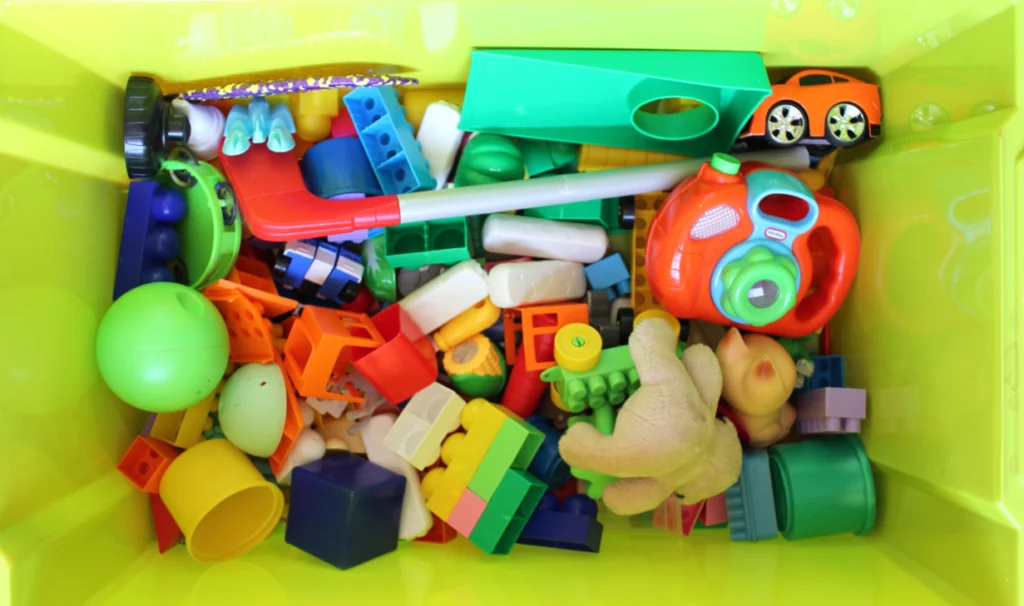
The toy chest at your grandparents’ house was like a time capsule filled with treasures from another era. Wooden blocks with chipped paint, metal cars that still rolled smoothly after decades, and dolls with real hair that your mother had lovingly brushed when she was your age. These weren’t the flashy plastic toys you had at home—these were solid, substantial things built to last through generations of little hands.
Your grandmother would tell you stories about how your father had played with that same set of Lincoln Logs, or how your mother had tea parties with the very same porcelain tea set you now held so carefully. There was something profound about connecting with your parents’ childhood through these well-loved objects, understanding that you were part of a continuous story. These toys had witnessed decades of laughter, tears, and imagination, and now they were ready to make new memories with you.
4. Eating Dinner at Exactly 5:30 PM

Time moved by different rules at your grandparents’ house, and nowhere was this more apparent than at dinnertime. At precisely 5:30 PM, you’d hear the dinner bell ring—an actual bell, not just someone calling your name—and everyone would gather around the dining room table with its carefully pressed tablecloth. The meal was always served on the good china, because every day was special enough for the good china when grandchildren were visiting.
Dinner wasn’t just about food; it was about ritual and respect for the process of sharing a meal together. Everyone waited until grace was said, napkins were placed properly, and Grandpa had taken his first bite before anyone else could begin. The conversations flowed from local gossip to family history, with your grandparents treating your opinions as if they mattered just as much as any adult’s. This was your first taste of being treated with genuine dignity, and it happened three times a day while you were under their roof.
5. Taking Real Bubble Baths in Clawfoot Tubs

That enormous clawfoot bathtub in your grandparents’ bathroom was like a miniature swimming pool designed just for you. Your grandmother would run the water until it was perfectly warm, adding generous bubbles from a bottle that seemed to create mountains of foam. You’d soak until your fingers turned pruney, playing with floating toys and creating elaborate bubble sculptures that would collapse at the slightest touch.
The bathroom itself felt like a spa, with thick towels warmed on the radiator and talcum powder that smelled like flowers and nostalgia. Your grandmother would wrap you in those huge towels and powder you down like you were royalty being prepared for court. These weren’t quick showers to get clean—these were leisurely ceremonies that made you feel pampered and cherished in a way that never quite happened at home.
6. Listening to Stories About “The Old Days”
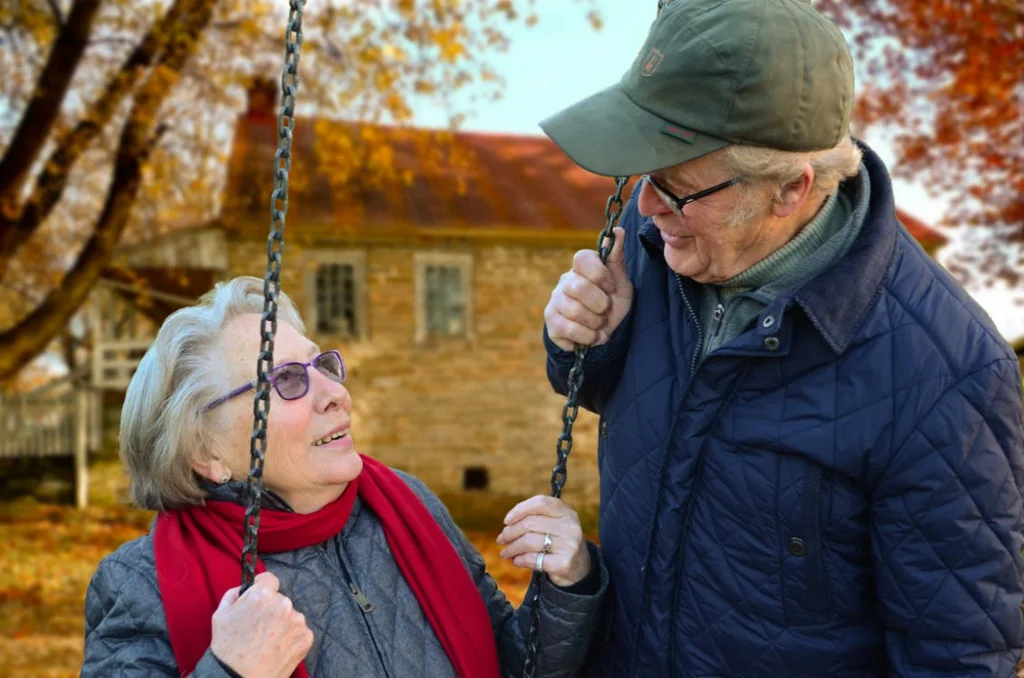
Your grandfather’s stories were better than any book or television show, filled with adventures from his childhood that seemed to take place in an entirely different world. He’d tell you about walking miles to school in the snow, about earning nickels for odd jobs, and about the time he saw his first automobile puttering down the dirt road. These weren’t just stories—they were glimpses into a universe where life moved slower and every small thing felt like an adventure.
Your grandmother had her own collection of tales, usually shared while she was cooking or mending clothes with hands that never seemed to stop moving. She’d describe her courtship with Grandpa, the dances they attended, and the way the whole neighborhood would gather on front porches in the evening. You’d hang on every word, trying to imagine these familiar people as young and daring, realizing that they had once been just as curious and excited about life as you were now.
7. Using Rotary Phones for Long-Distance Calls
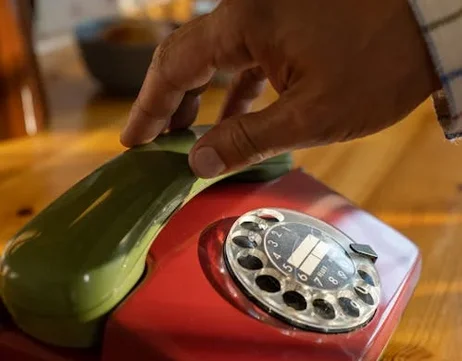
Making a phone call at your grandparents’ house was an event that required patience, planning, and a certain amount of ceremony. That heavy black rotary phone sat on its special table in the hallway, and using it meant carefully dialing each number and waiting for the wheel to return before moving on to the next digit. Long-distance calls were precious and expensive, so every conversation felt important and meaningful.
You’d watch your grandmother place calls to far-away relatives, speaking a little louder than necessary as if the extra volume could help her voice travel across the miles. When it was your turn to talk, you’d hold that heavy receiver with both hands, feeling very grown-up and important. The whole ritual made communication feel more significant somehow—each word mattered more when you had to work harder to connect with someone far away.
8. Sleeping on Sheets That Smelled Like Line-Drying

The guest bedroom at your grandparents’ house always smelled like sunshine and fresh air, thanks to sheets that had spent their day dancing on the clothesline in the backyard. Your grandmother would make up your bed with crisp linens that felt cool against your skin and carried the scent of outdoors and laundry soap. These weren’t the quick tumble-dried sheets from home—these had been touched by wind and warmed by sun until they reached some perfect state of cleanliness.
Climbing into that bed felt like being embraced by comfort itself, surrounded by the gentle fragrance of a slower, more deliberate way of doing things. The pillowcases would be perfectly smooth, and the blankets would be tucked in with military precision that somehow never felt restrictive. You’d drift off to sleep feeling completely safe and loved, wrapped in linens that had been prepared with the same care your grandmother put into everything she did for you.
9. Getting Quarters for Good Behavior

Your grandfather always seemed to have a mysterious supply of quarters in his pocket, ready to be distributed for exceptional behavior, good manners, or sometimes just for being his grandchild. These weren’t just any quarters—they were special coins that felt heavier and more valuable than regular money, often pressed into your palm with a wink and a reminder not to tell your parents. A quarter could buy you a comic book, a candy bar, or a small toy from the five-and-dime, making you feel temporarily wealthy and independent.
The presentation of these quarters was always ceremonial, with your grandfather making a show of checking his pockets and acting surprised to find coins there. He’d inspect your behavior like a judge reviewing evidence, then solemnly declare that you’d earned a reward for being such a fine grandchild. These moments taught you that good behavior had tangible rewards, but more importantly, they made you feel seen and appreciated for being exactly who you were.
10. Exploring Mysterious Basement Workshops
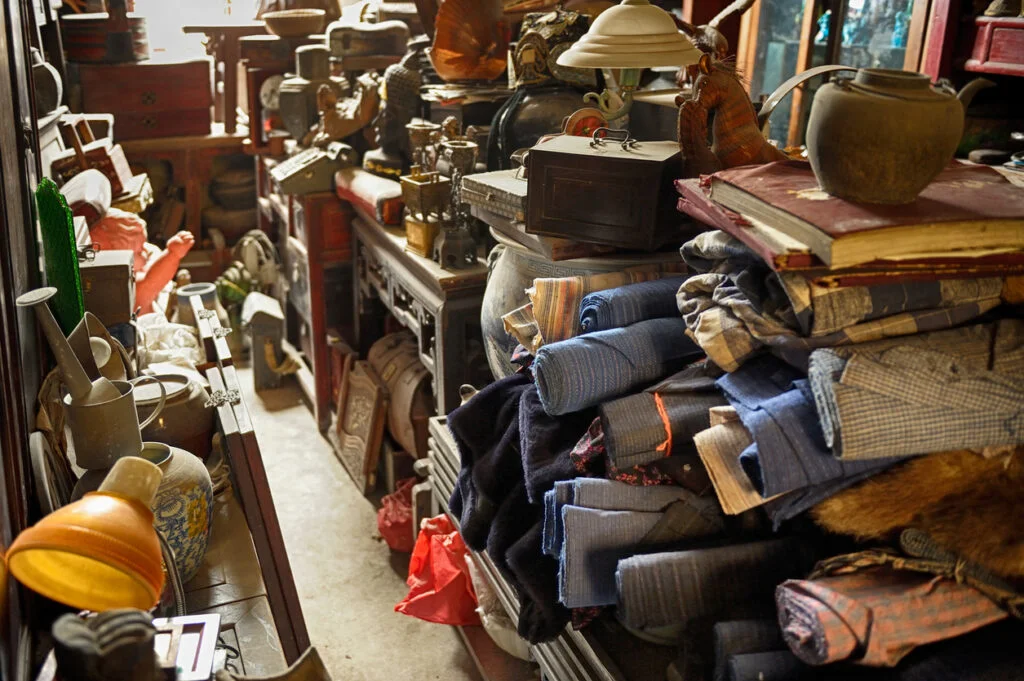
The basement at your grandparents’ house was your grandfather’s kingdom, filled with tools whose purposes you couldn’t begin to guess and projects in various stages of completion. Workbenches held mysterious contraptions, walls displayed hammers and wrenches arranged with military precision, and coffee cans full of screws and nails waited for their moment to be useful. The air smelled like sawdust and machine oil, creating an atmosphere of serious grown-up business that made you feel privileged to be allowed down there.
Your grandfather would let you hand him tools while he worked on furniture repairs or built small projects, treating you like a valued assistant rather than just a curious child. He’d explain what he was doing in terms you could understand, and sometimes he’d let you sand a piece of wood or hold something steady while he worked. These moments in the basement workshop were your first lessons in craftsmanship and patience, learning that some things were worth doing slowly and carefully.
11. Attending Church in Your Very Best Clothes

Sunday morning at your grandparents’ house meant getting dressed in your finest outfit and walking to the neighborhood church where everyone knew everyone else’s business. Your grandmother would inspect your appearance with military precision, adjusting your collar and smoothing your hair until you met her exacting standards. The church was filled with people who had known your grandparents for decades, and by extension, they all felt entitled to comment on how much you’d grown since their last sighting.
After the service, you’d stand around outside while the adults caught up on neighborhood news and your grandmother basked in the reflected glory of her well-behaved grandchildren. These were your first lessons in community and belonging, understanding that your grandparents were part of something larger than just family. The ritual of Sunday church wasn’t just about religion—it was about being part of a social fabric that connected generations and created a sense of continuity in an ever-changing world.
12. Receiving Handwritten Letters in the Mail
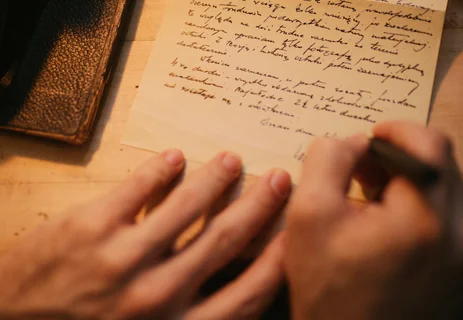
Your grandmother’s letters arrived like small gifts in the mailbox, written in her careful cursive on proper stationery that smelled faintly of her perfume. These weren’t quick notes dashed off in a hurry—these were thoughtful communications that had been composed with care and attention to detail. She’d tell you about the garden, about your grandfather’s latest project, and about the neighbors’ doings, making you feel connected to their daily life even when you were miles away.
Each letter felt like a treasure, something to be read multiple times and kept in a special box with other important papers. Your grandmother would ask about your school, your friends, and your hobbies, remembering details from previous letters that proved she was really listening to your life. These handwritten connections were your first understanding of correspondence as an art form, teaching you that some communications were worth the time and effort it took to do them properly.
Those days at your grandparents’ house shaped who you became in ways both large and small, teaching you about patience, tradition, and the importance of making ordinary moments feel special. Every visit was a masterclass in love, delivered through small gestures and daily rituals that seemed unremarkable at the time but now feel like precious gifts. The world has changed dramatically since then, but those memories remain as vivid as ever, reminding us of a time when life moved more slowly and every moment had the potential to become a cherished memory.
This story Things That Only Ever Happened at Your Grandparents’ House in the ’60s or ’70s was first published on Takes Me Back.


